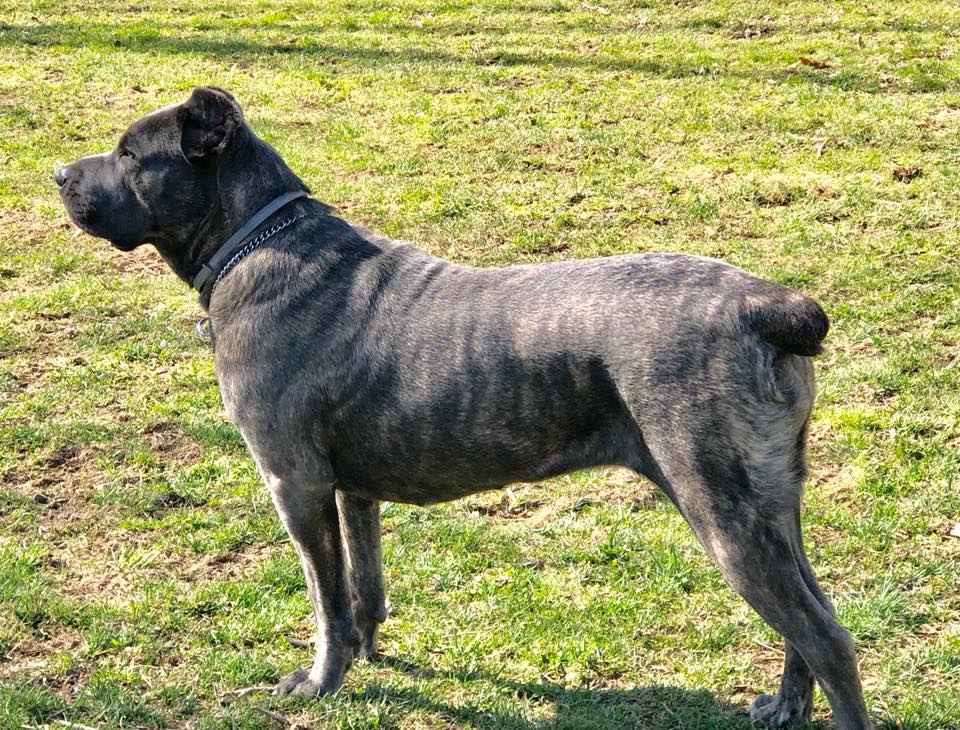Dogs, like humans, vary in temperament and confidence levels. While some dogs exude self-assurance, others may struggle with anxiety or timidity. Fortunately, through carefully crafted dog training programs, it is possible to cultivate confidence in our furry companions. The foundation of building canine confidence lies in understanding your dog’s individual needs and tailoring training methods accordingly. Just as humans thrive in environments where they feel supported and understood, dogs flourish when provided with structured guidance and positive reinforcement. Exposing your dog to various environments, people, and animals from an early age helps them become accustomed to different stimuli and builds their resilience. Structured socialization classes or supervised playdates can be invaluable in teaching dogs how to interact confidently with others. Another crucial component of confidence-building is obedience training. Teaching basic commands like sit, stay, and come not only establishes clear communication between you and your dog but also instills a sense of control and predictability for your canine companion.
 One key aspect of fostering confidence in dogs is socialization. As dogs master these commands through consistent practice and positive reinforcement, they gain confidence in their abilities to navigate their surroundings and respond to cues effectively. Furthermore, engaging in Certified Canine Services, Inc. that challenge your dog both mentally and physically can boost their self-assurance. Agility courses, scent work, and puzzle toys provide opportunities for dogs to problem-solve and explore their capabilities in a supportive environment. As they conquer obstacles and accomplish tasks, dogs gain confidence in their skills and become more resilient in the face of new challenges. Patience and encouragement are essential when working to build confidence in a timid or anxious dog. Progress may be gradual, but every small achievement should be celebrated. Positive reinforcement, such as treats, praise, and play, reinforces desirable behaviors and helps dogs associate new experiences with positive outcomes. By focusing on their strengths and building on small successes, even the most nervous dogs can learn to approach unfamiliar situations with greater confidence.
One key aspect of fostering confidence in dogs is socialization. As dogs master these commands through consistent practice and positive reinforcement, they gain confidence in their abilities to navigate their surroundings and respond to cues effectively. Furthermore, engaging in Certified Canine Services, Inc. that challenge your dog both mentally and physically can boost their self-assurance. Agility courses, scent work, and puzzle toys provide opportunities for dogs to problem-solve and explore their capabilities in a supportive environment. As they conquer obstacles and accomplish tasks, dogs gain confidence in their skills and become more resilient in the face of new challenges. Patience and encouragement are essential when working to build confidence in a timid or anxious dog. Progress may be gradual, but every small achievement should be celebrated. Positive reinforcement, such as treats, praise, and play, reinforces desirable behaviors and helps dogs associate new experiences with positive outcomes. By focusing on their strengths and building on small successes, even the most nervous dogs can learn to approach unfamiliar situations with greater confidence.
Consistency is key in any dog training program aimed at building confidence. Establishing a routine and sticking to it helps dogs feel secure and understand what is expected of them. Regular training sessions, socialization outings, and enrichment activities provide structure and stability, allowing dogs to develop confidence in themselves and their environment over time. It is important to remember that building confidence in dogs is a journey, not a destination. Every dog is unique, and progress may vary depending on factors such as breed, temperament, and past experiences. By investing time, patience, and positive reinforcement, you can help your dog develop the self-assurance they need to thrive in any situation. Building canine confidence requires a combination of socialization, obedience training, mental and physical stimulation, patience, and consistency. By tailoring training methods to suit your dog’s individual needs and providing them with the support and encouragement they need to succeed, you can help them become more confident, resilient, and well-adjusted companions. With dedication and perseverance, you and your dog can embark on a journey towards greater confidence and mutual trust.